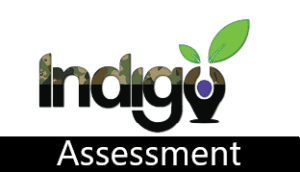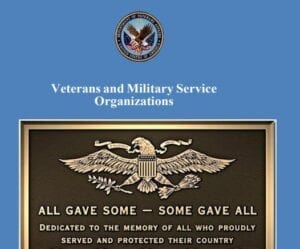As a Veteran Transition Mentor and a Project Management Professional (PMP) Mentor, I am often asked my opinion on whether becoming a Certified PMP, through the Project Management Institute (pmi.org), is something a transitioning service member should pursue. To be able to answer this question, you will need to understand what Project Management is in the private sector and what it is not. Additionally, one should have made a few decisions about their transition before determining whether they should add a PMP certification to a list of things to do during their transition. Finally, why will companies be interested in hiring PMP certified candidates?
What project management is in the private sector:
Project management is a repeatable process or discipline that normally has a financial aspect to it, and as such, will have some form of contract that sets the tone for what success looks like (Requirements) and when payments will be made over the life of the contract (Period of Performance). Plans and costs will have to be developed and pitched to project sponsors in order to enter into these contractual relationships and establish the project budget. The cost of a project is developed with the understanding that certain resources (both individuals and materials) will be made available to the project team as needed overtime throughout the project. Skills not available within the company will have to be sub-contracted to one or more companies while materials will most likely be purchased on one or more purchase orders which could have one or more delivery locations and delivery dates. To help articulate the complexity of a project, a project schedule is normally developed that can graphically show when different components of the project will be completed and by whom. Depending on the size of the project, control gates can be added like test events or inspections.
Once the project kicks off, you will receive your budget with charge codes that you will issue to the various teammates you were assigned to establish the budget. As people charge, you should have some visibility into the company accounting system to be able to project whether you are on schedule and within budget. You will check in with the company purchasing office to see that your purchase orders and sub-contracts are initiated and subsequently get awarded. You will have to report the project’s progress to management on some sort of reoccurring basis. More than likely, you will have to report this progress on multiple projects that have been assigned to you. When projects complete, project sign off will normally be needed to end the project, and the invoice for final payment takes place. As you can see, PMP’s have to deal with multiple moving parts.
What project management is not in the private sector: PMP does not stand for Program Management Professional. Programs tend to be never-ending. While they do have a budget to pay salaries and the like, they are not temporary in nature and tend to contract out for upgrades and enhancements. The “Program” will most likely not have a schedule and milestones that have to be met.
What decisions/choices you should have made before you decide whether to commit to becoming a PMP: One should decide what career they want to pursue. Not all industries/career fields follow the project management discipline. For example, talent acquisition professionals, while hiring talent for the company is considered a repeatable process, that process does not have a long enough duration or high enough cost to warrant adding the project management discipline to it. Industries more suitable to instituting project management disciplines are Construction, Information Technology, assembly-line technologies, and the likes. Software Development companies have moved away from the PMP and are delivering incremental functionality using agile methodologies. Scaled Agile Framework® (SAFe®) and Scrum are certifications more suitable for agile software development than the PMP certification. While I have been exposed to these methodologies, I am not as well-versed or experienced in these methodologies as I am in the Project Management Professional (PMP) methodologies so I do not have a recommendation on which agile software development certifications are preferred in the Federal Government space.
Who will be searching for PMP’s to employ and why: Companies that sell their wares to Federal, State, and local governments tend to require PMP certified professionals on their contracts. Another aspect to this choice you may want to consider would be to get hired by a company first, and if they determine that a PMP is necessary and will give their company credibility with their Government client, they will pay for your training to get PMP certified. After all of this, if you have determined PMP Certification is right for you, I am available for mentoring you through the PMP certification process.
+ + + +
About the Author: Daniel Collins, MBA, PMP, has been an active practitioner of Project Management in both the Federal Government and Government Contractor space for over 25 years. He has been mentoring individuals in the same space for the last 20 years.
Article originally published on LinkedIn at https://www.linkedin.com/pulse/transitioning-military-veterans-pmp-question-daniel-collins-mba-pmp/






